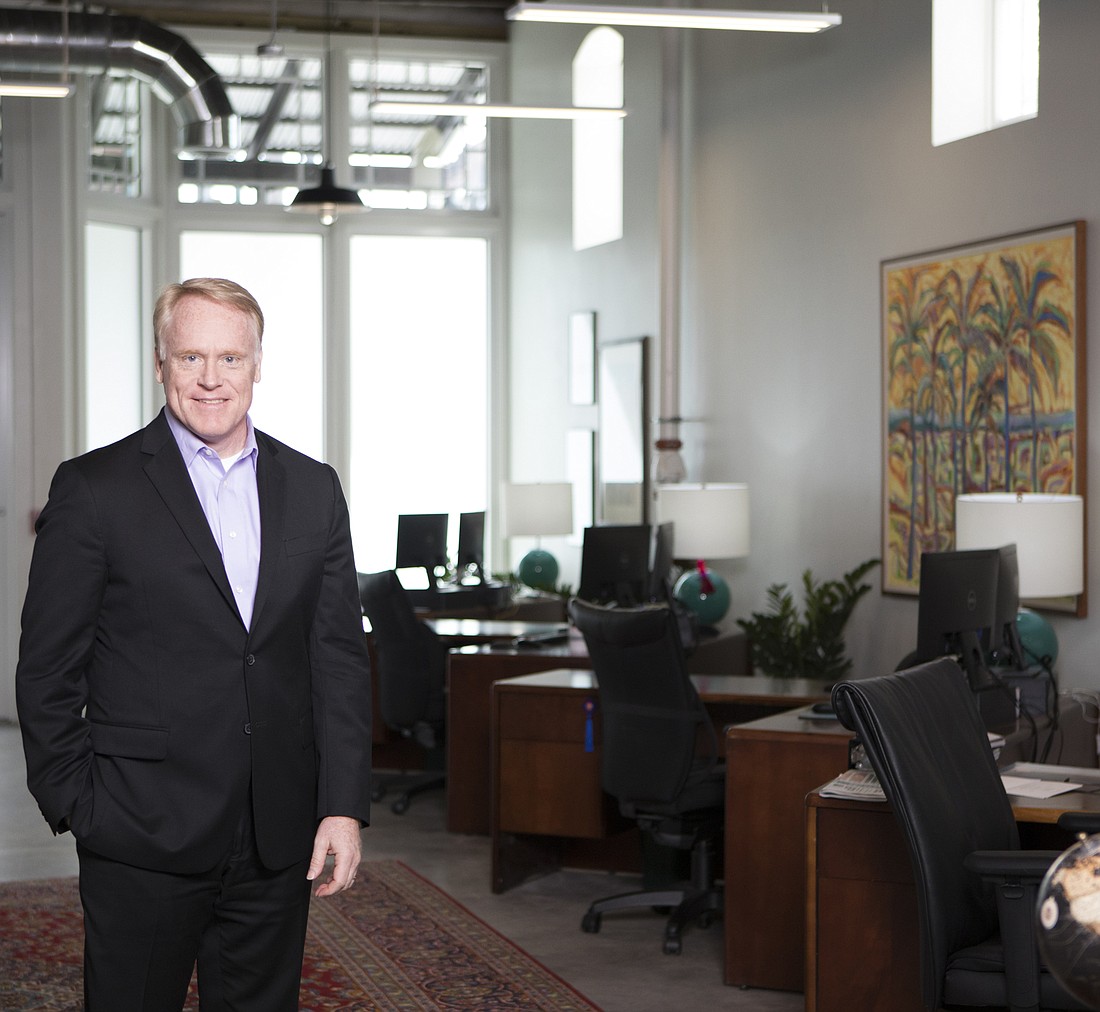- July 26, 2024
-
-
Loading

Loading

There’s no doubt we live in a culture of outrage, a highly charged atmosphere when companies’ small missteps can, thanks to the amplification of social media’s echo chamber, be portrayed as horrendous assaults on the public good.
But sometimes a problem truly is a crisis — a problem that can’t be ignored or waited out. Think the Deepwater Horizon oil spill of 2010, an environmental catastrophe that inflicted great damage on BP’s brand — damage that lingers on a decade later.
‘Our advice is pretty simple: Tell the truth, tell the whole truth, and tell it quickly.’ Darren Richard, COO of Tucker/Hall
More recently and locally, two Tampa Bay business organizations endured a PR crisis for something much less physically disastrous: changing their names. The Tampa Hillsborough Economic Development Corp. became the Tampa Bay Economic Development Council, while the Greater Tampa Chamber of Commerce rebranded as the Tampa Bay Chamber.
Leaders on both sides of the bay — including the mayors of Clearwater, St. Petersburg and Tampa — slammed the changes. Some critics, including Tampa City Council member Bill Carlson, characterized the name changes as an attack on regional identity and cooperation, carried out with little consultation and explanation.
“We've spent 20-plus years trying to build a region and a regional brand, and this move threatens to pull apart all the collegiality that has been developed over the years,” says Carlson, who also serves as president of Tucker/Hall, a Tampa-based strategic communications firm.
Carlson’s Tucker/Hall colleague, COO Darren Richards, says while every PR crisis is unique — and companies rarely plan for them — there is a time-tested way to react appropriately and chart a course toward undoing brand damage.
“Our advice is pretty simple: Tell the truth, tell the whole truth, and tell it quickly,” he says.
In the case of the EDC/Chamber controversy, the organizations changed their names last autumn, but in mid-January, Tampa Bay mayors were still reeling. In our era of short attention spans and fickle news cycles, that says something.
Richards says getting the whole truth out quickly sometimes involves competing interests for companies in the throes of a crisis. “You slow down because you want to make sure you’re getting it right,” he says. “That prohibits you from telling the story quickly.”
(This story has been updated to correct the spelling of Darren Richards' name.)
Being better in business sometimes requires a road map to figure out some thorny issues. Click the links below to read more from the Business Observer’s annual how-to guide: